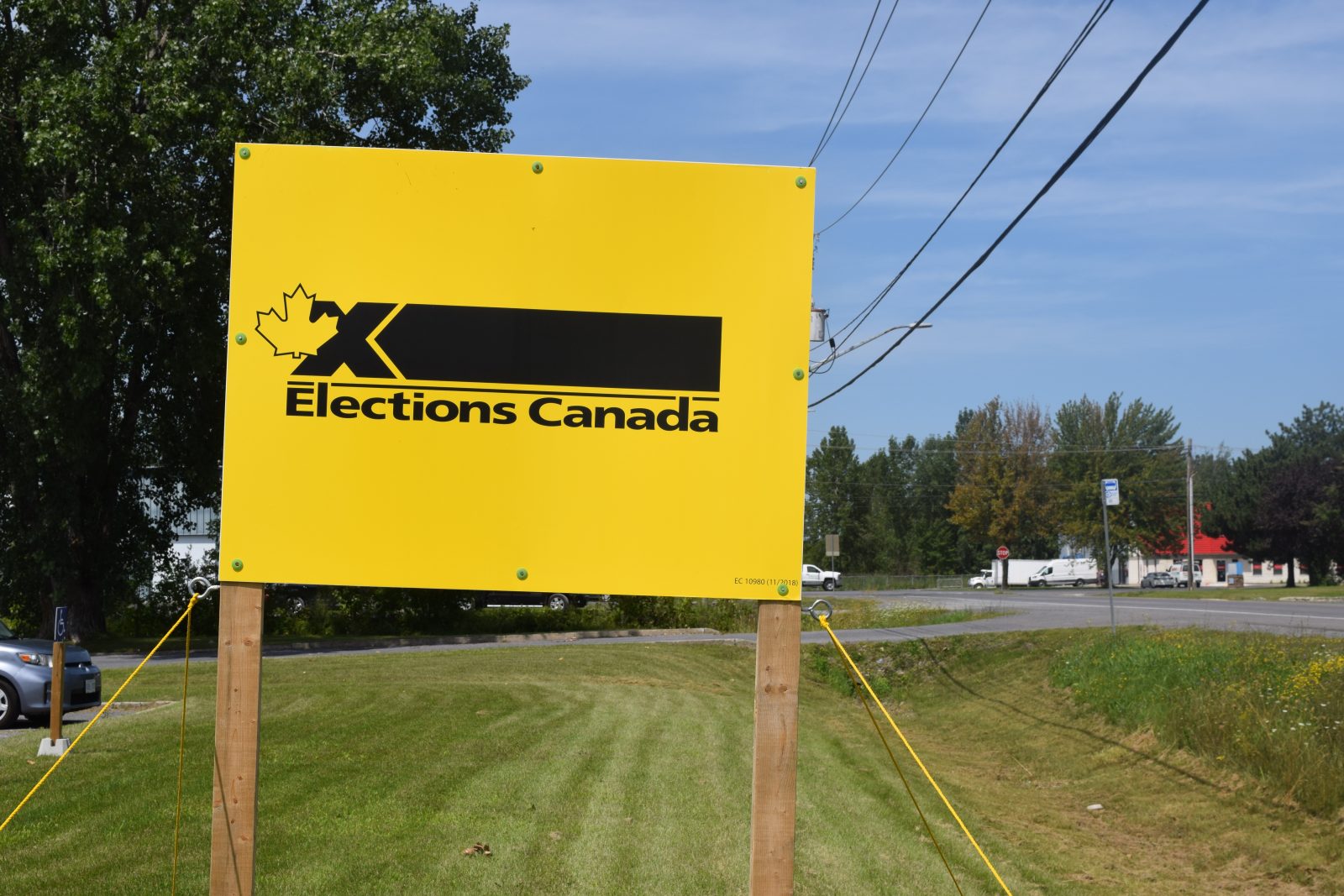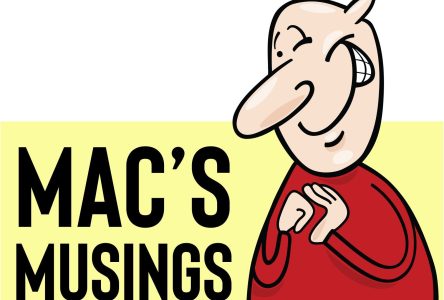I have often said that the most important election for Canadians is local, municipal elections, and I still believe that’s true. That being said, what does or what should a federal election mean to us?
Before I really get into this, let me first say that I have not nor will I endorse any candidate or party in this election. This column will be my independent observations and evaluations of the election, the parties involved, and some of the candidates.
Despite the rhetoric and passion of a federal election campaign, decisions at the federal level have only the slimmest of immediate impacts on the day-to-day lives of individual Canadians. Additionally, in most cases, the goings on and the interests of an individual federal riding has little impact on the government.
I for one laugh at everyone who has personal animosity to Justin Trudeau, or any federal leader. They do not ever think about you and they don’t even know that you exist so those Canadians who are out there waiving their “F* Trudeau” flags (which I saw in Pierre Poilievre’s riding of Nepean-Carleton while visiting this weekend) are just jokes to me and I think should be treated as such. Trudeau doesn’t care about your flag and neither does anyone else other than people who already agree with you.
Again, a municipal election impacts the day-to-day issues that matter to the lives of individuals far more than a federal election, so how should we approach this federal election?
Well for one, vote splitting is a fallacy put forth by major parties to keep you from voting with your heart. I say, vote with your heart. If there is an issue you care about, vote for the candidate that best represents your view of that issue. At the end of the day, what is more important than who won are numbers on the board. If a party represents your view on climate change, but you don’t vote for that party’s candidate in your riding, even if you know they will lose, then don’t expect the federal government to represent that view because you didn’t vote for what you believe in at the polls. What you believe is right for Canada will not be represented if you fall into the trap of not voting for a candidate because they won’t win.
Finally, let’s talk about what to look for in a local candidate. Despite their best efforts, not every candidate will make it to your door and for many, this election will pass without a single knock on the door from a candidate. For those of you lucky enough to get the chance to talk to a candidate one-on-one, there are a few things that you should come away from that conversation knowing.
A federal candidate should be able to tell you, why they are running; what issues matter to them. They should be able to tell you what a federal MP does for their local riding. Lastly, ask every federal candidate you get a chance to speak to about what they hope has changed in their riding at the end of their term and how they will affect that change.
Other than party leaders and cabinet ministers, an MP is just one of a multitude in a system that enforces generalities and uniformity. If you want results from your MP, then talk in local terms, not national, despite this being a national election. Make sure that they represent your interests, whether they be major issues like climate change, or local issues, like the matter of your municipality purchasing federally held waterfront land in Cornwall.
What are your thoughts in this federal election? Email your Letters to the Editor to nseebruch@seawaynews.media




